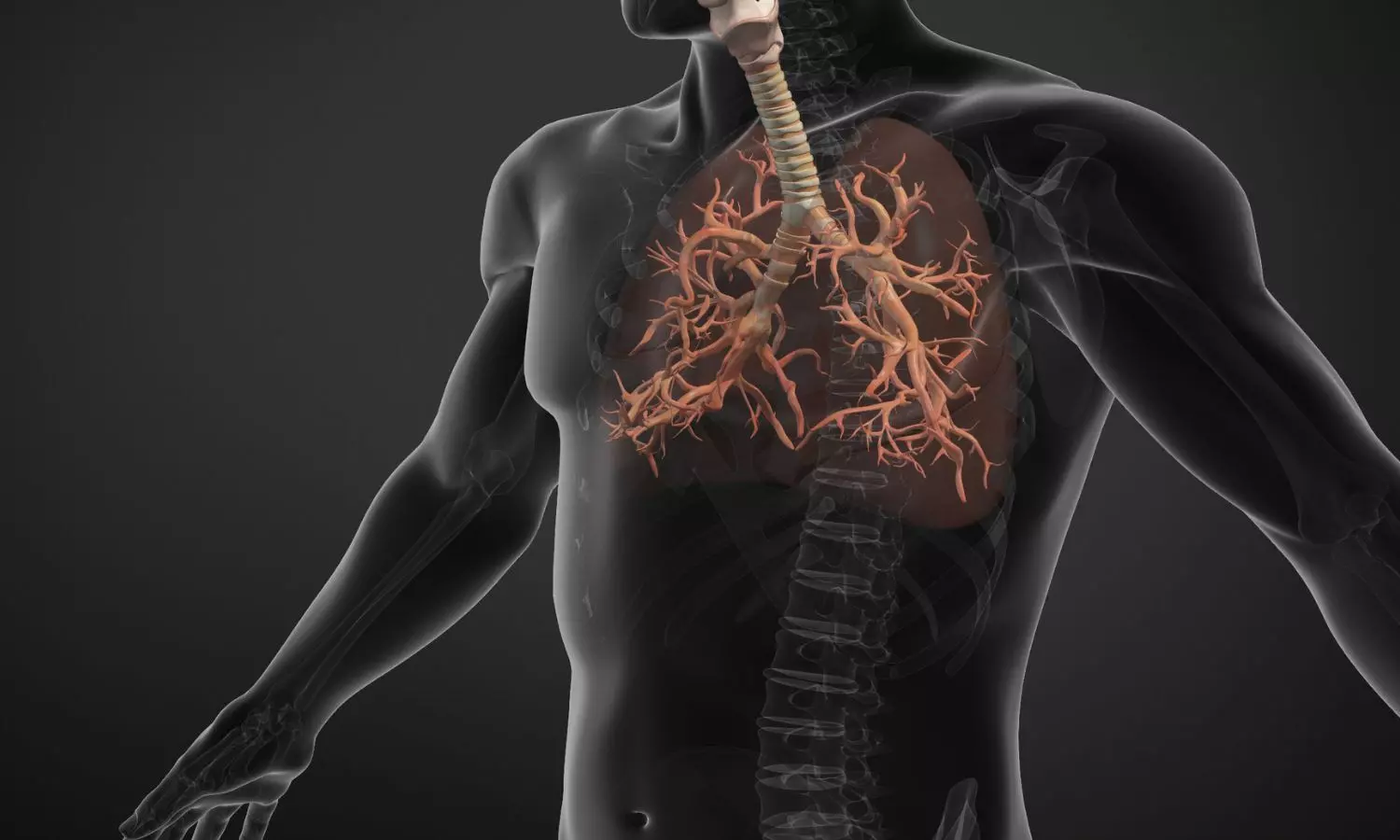Study finds abnormal breathing patterns in most chronic fatigue patients

New Delhi: People suffering from chronic fatigue syndrome may be experiencing hidden breathing problems, according to a new study. Researchers say this could open the door to new treatments that might reduce symptoms and improve quality of life.
Chronic fatigue syndrome (also known as ME/CFS) causes extreme tiredness that does not improve even after rest. Patients also face problems such as brain fog, poor concentration, dizziness and body pain. Many of them say even mild physical or mental activity can make their symptoms worse—a condition known as post-exertional malaise.
Scientists at the Icahn School of Medicine at Mount Sinai in the US studied how people with chronic fatigue breathe during exercise. They monitored 57 diagnosed patients and compared them with 25 healthy participants. All volunteers were asked to perform cardiopulmonary exercises over two days while the team measured heart rate, blood pressure, oxygen saturation, and breathing patterns.
The results, published in Frontiers in Medicine, showed a clear problem: 71% of patients with chronic fatigue had abnormal breathing. Some were breathing too fast (hyperventilation), while others were taking shallow breaths, sighing often, or not coordinating chest and abdominal movement properly—a condition called dysfunctional breathing. A few patients had both issues at the same time.
Interestingly, both chronic fatigue patients and healthy volunteers took in similar amounts of oxygen. However, the difference was in how they breathed to get that oxygen. Abnormal breathing can make the body feel stressed and lead to symptoms like dizziness, exhaustion, trouble focusing, shortness of breath and heart palpitations—symptoms that overlap with chronic fatigue syndrome.
Dr. Donna Mancini, one of the study authors, explained that many patients are not even aware they have dysfunctional breathing because it can happen even while resting. She added that understanding these breathing patterns gives doctors a new target for treatment.
According to the researchers, fixing breathing issues may help reduce symptoms and may also prevent post-exertional crashes, where fatigue suddenly becomes severe after activity.
The team believes that therapies such as breathing retraining or physical rehabilitation might one day offer relief to many patients living with chronic fatigue syndrome.
With inputs of PTI


